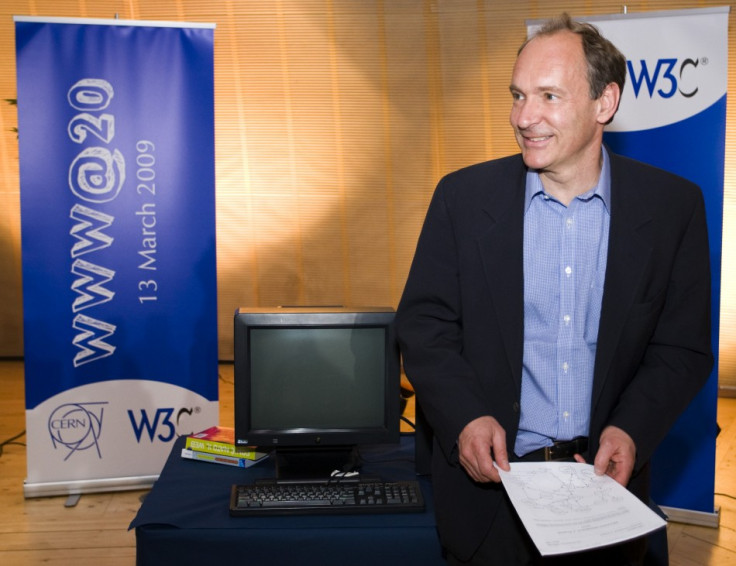CERN Launches Project to Recreate First Website
A project to recreate the first website has been launched by a team at the European Organisation for Nuclear Research (Cern) on the 20th anniversary of the web being made free and open to all.

Three years after its initial creation by Cern physicist Sir Tim Berners-Lee, the technology behind the World Wide Web was made freely available for anyone to use on 30 April, 1993.
The project aims to restore and preserve the original hardware used to host the first web address, http://info.cern.ch, and make the site a resource that tells the story of the beginning of the web for future generations to learn from.
"For a start we would like to restore the first URL," Cern said, "put back the files that were there at their earliest possible iterations. Then we will look at the first web servers at Cern and see what assets from them we can preserve and share."
The very first website was hosted on Berners-Lee's $6,500 NeXT computer, produced by a company of the same name and founded by Steve Jobs after he was forced out of Apple in 1985, before returning when Apple acquired NeXT in 1997.
Berners-Lee's website described the basic features of the web, how to access other people's documents and how to set up your own server. The original computer is still kept at Cern, but the first website is no longer online at its original address; a copy of the website created in 1993 can be found here.
Once the web's source code was made free for anyone to use, the creation of websites and servers soon flourished; by the end of 1993 there were over 500 known web servers and although web traffic only accounted for 1% of total internet use, this was seen as a successful start. According to Cern, there are now an estimated 630 million websites online.
Cern director-general Rolf Heuer said: "There is no sector of society that has not been transformed by the invention, in a physics laboratory, of the web.
"From research to business and education, the web has been reshaping the way we communicate, work, innovate and live. The web is a powerful example of the way that basic research benefits humankind."
© Copyright IBTimes 2025. All rights reserved.






















